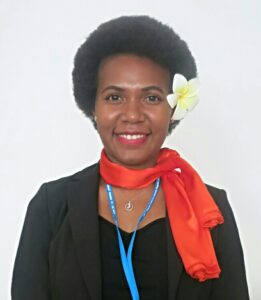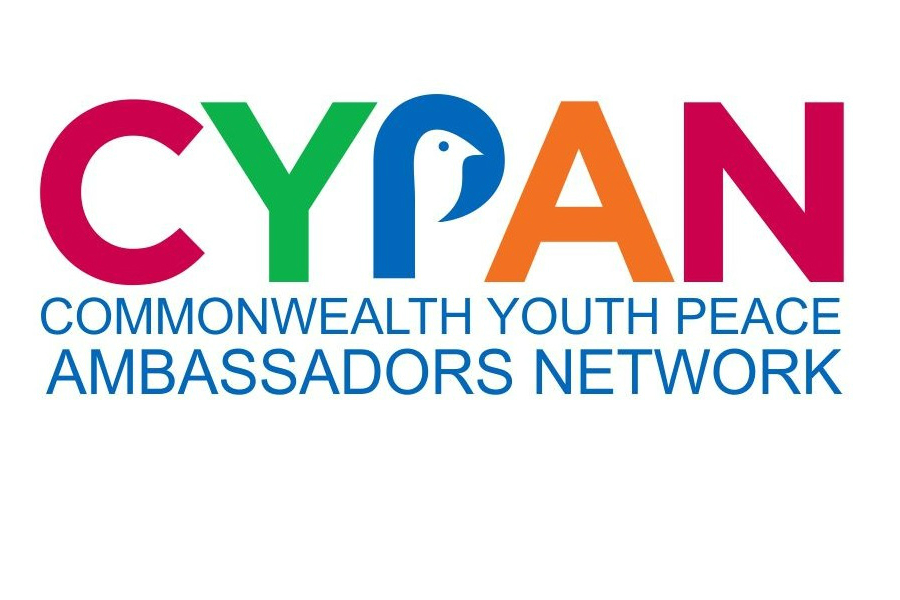
I am Naomi Avah-Ghittrah Woyengu, from Papua New Guinea. I have recently graduated with honours in Political Science and am currently attached to the Young Women’s Christian Association (YWCA) of PNG as a Coordinator. I am also the Director of the Aspire Network PNG, which is a sister branch to the Aspire Network, Fiji. Since 2007, I have been working with young people in my country and region. Thus, I have a good network in the Pacific.
Both the Aspire Network and the YWCA value peace building as a necessity in the creation of a harmonious society that can enable sustainable development. Peace and how to attain it is deeply embedded in all their programmes, especially those centred on development, gender, education, and leadership.
To an unwitting eye the Pacific is a very peaceful place; however, tensions, unrest and stress continue to build in the islands and the region as a whole. Our definition of peace or idea of conflict may not necessarily be related to “wars”, although we did have our fair share of civil/tribal wars and military coups. Our ideas of peace and conflict in the Pacific are different.
But, just like any other unresolved tensions that erupt into wars, violent extremism occurs due to unresolved internal issues with added pressure from external issues. These issues vary, are complex and are interconnected, and include under-development, climate change, political instability & governance, and economic challenges.

People in my region mostly relate peace with wars. This misconception of peace building is because of its global perception. During my years of volunteering and working, I have not heard much about direct peace building efforts related to conflicts in the other islands except for Fiji, PNG, the Solomon Islands, Nauru, Australia and New Zealand. However, from this network I believe the new and clear definition of peace building for the Pacific will definitely create interest and cause the network to grow as every young person will now know what has been done and what they can do.
Through this network I envision a Commonwealth Youth Peace Ambassadors Network-Pacific to be inclusive of young people who know exactly what the Pacific definition of peace building is. Thus, they will be able to better advocate and raise the interest of other young people to be part of the network, championing the cause, and raising the profile of Commonwealth youth peace builders.
